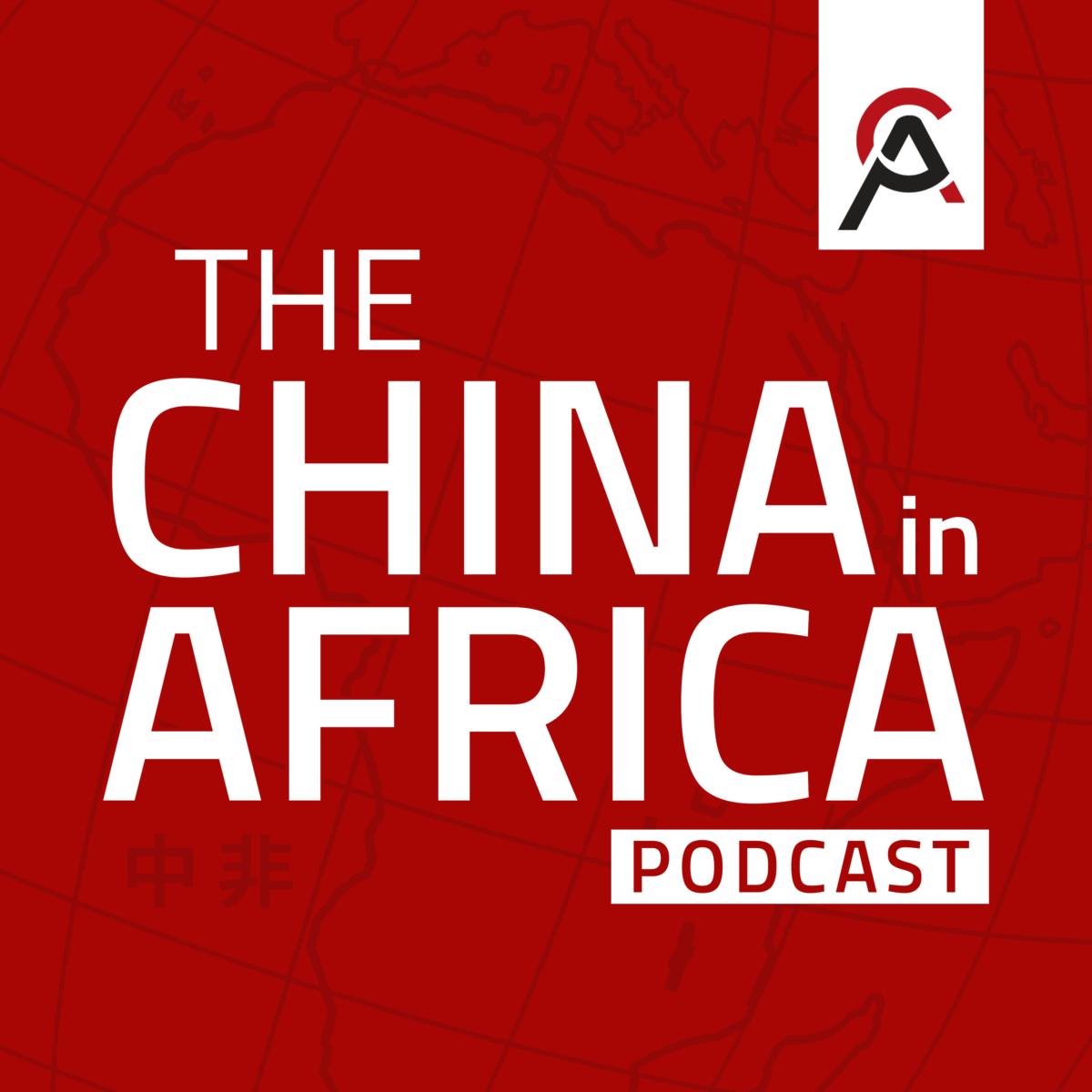Amid the worsening COVID-19 pandemic, China’s Belt and Road Initiative is facing its single greatest challenge since Xí Jìnpíng 习近平 launched the Belt and Road Initiative (BRI) in 2013, promising countries around the world greater access to Chinese markets and capital. That interconnectedness was once widely regarded in Africa and elsewhere as a huge opportunity, but now as store shelves in Nairobi are bare, oil piles up on the docks at the Port of Luanda, and BRI-inspired construction projects across the continent have stalled, that dependence on China is seen as a potentially dangerous liability.
While some stakeholders in countries throughout Africa and the Middle East are calling for a reevaluation of their dependence on Chinese trade and financing, the reality is that there may not be a comparable alternative to China. The U.S., Japan, and the EU remain difficult markets for developing countries to penetrate, and none of these advanced economies is spending the kind of money on infrastructure development that Beijing is.
So what’s next for China’s BRI in Africa, the Middle East, and the Mediterranean? Zayed University political science professor Jonathan Fulton closely follows BRI from Abu Dhabi and is cautiously optimistic that once the COVID-19 outbreak stabilizes, China’s BRI partners in these various regions will go back to business as usual because, well, they have to.
In this episode, Jonathan joins Eric and Cobus to talk about the impact COVID-19 will have on China’s ambitious global trading agenda.







